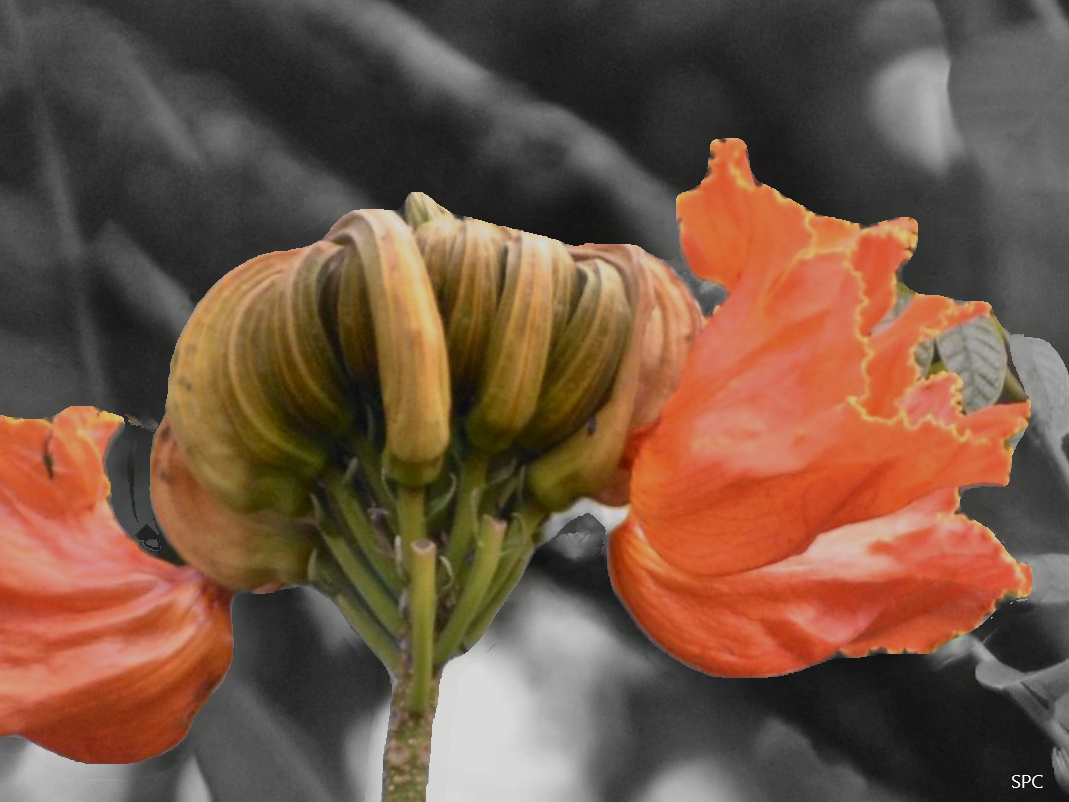
Forest and land cover across the Pacific are undergoing rapid transformation. In many areas, the removal of native vegetation and deforestation, whether through agriculture, urban development, or natural disasters such as cyclones, have made ecosystems increasingly vulnerable to invasion by non-native plant species. Among these, aggressive colonisers like Cordia alliodora and Spathodea campanulata (African Tulip) are threatening biodiversity, ecosystem health, food security and local economies.
These invasive species often flourish in disturbed environments, where they outcompete native flora. Traditional methods of monitoring and managing invasives are labour-intensive and insufficient at a large scale. However, Earth Observation technologies, combined with artificial intelligence methodologies such as machine learning (ML), offer scalable solutions for detecting, classifying, and tracking invasive species across time and space.














